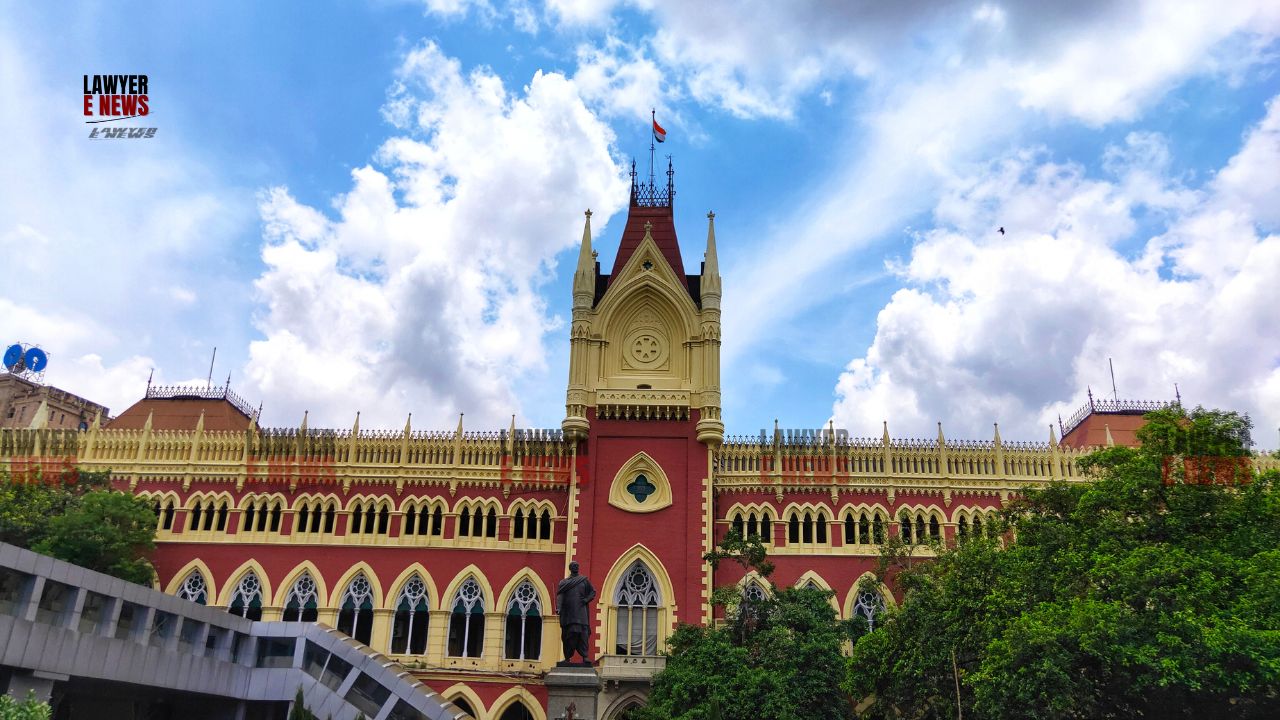-
by Admin
15 February 2026 5:35 AM



On November 5, 2024, the Calcutta High Court dismissed a writ petition by M/S Grasim Industries Ltd. Unit – Jaya Shree Textiles challenging an order of the Industrial Tribunal which had denied the company’s request to introduce additional documents in an ongoing dispute over an employee’s superannuation date. Justice Ajay Kumar Gupta held that the documents were unrelated to the primary issue and would only serve to delay proceedings. The Court emphasized that additional evidence must be directly relevant to the main dispute, in this case, the employee’s alleged premature retirement.
The dispute arose after the respondent, an employee of Grasim Industries, contested his retirement date. Grasim Industries contended that the respondent’s superannuation date was December 31, 2020, based on his recorded date of birth (1962). However, the employee claimed that his correct birth year was 1966, and thus, his retirement should be in December 2024. Following a conciliation process, the employee filed a case under Section 10(1B)(d) of the Industrial Disputes Act, 1947, before the Industrial Tribunal, challenging his alleged premature retirement.
During the Tribunal proceedings, Grasim Industries sought to introduce additional documents, including police complaints and general diaries, to demonstrate the employee’s alleged misconduct and harassment towards the company. The Tribunal rejected this application, finding the documents irrelevant to the issue of the employee’s superannuation date, prompting the writ petition before the High Court.
The main issue before the High Court was whether the Industrial Tribunal erred in rejecting Grasim Industries' request to submit additional documents. The Court examined Rule 15 of the West Bengal Industrial Disputes Rules, 1958, which permits the Tribunal to accept evidence at any stage if it is relevant and serves justice. However, the Court underscored that such discretion must be exercised judiciously, especially where the documents are unrelated to the dispute’s core issues.
Justice Ajay Kumar Gupta noted that the documents sought to be introduced were related to criminal complaints and other allegations against the employee, rather than his retirement date or age verification. The Court held that allowing these documents would not aid in resolving the main question of whether the employee’s superannuation date was miscalculated.
Procedural Fairness and Judicial Prudence in Evidence Admission The Court emphasized the importance of procedural fairness, citing that evidence must be submitted in a timely manner to prevent delays. Grasim Industries had already filed a list of documents in June 2022, but its application to introduce additional evidence was only filed in August 2023, over a year later. The Court observed that Grasim Industries had not provided a satisfactory explanation for this delay, and the untimely submission appeared intended to prolong the proceedings.
Grasim Industries argued that the additional documents were public records under Section 74(2) of the Indian Evidence Act, 1872, and thus should be admitted. However, the Court clarified that the Tribunal retains discretion to admit or exclude evidence based on its relevance to the dispute. Simply categorizing documents as “public records” does not make them automatically admissible in an industrial dispute if they do not pertain to the main issue.
Industrial Dispute Limited to Superannuation Date, Not Employee Conduct
The Court reiterated that the dispute at hand solely concerned the employee’s superannuation date, not his alleged misconduct or behavior. Introducing documents regarding the employee’s criminal complaints and general diaries would shift focus away from the core issue and complicate the proceedings unnecessarily. Citing General Manager, Barsua Iron Ore Mines v. Vice President United Mines Mazdoor Union, the Court emphasized that additional evidence should be allowed only if directly relevant to the subject matter in dispute.
Decision: Writ Petition Dismissed The Calcutta High Court dismissed the writ petition, affirming the Tribunal’s decision to exclude the additional documents. The Court held that Grasim Industries failed to demonstrate the relevance of these documents to the superannuation dispute, and their introduction would only serve to delay the proceedings. The Court imposed a cost of Rs. 2,000 on Grasim Industries for filing an application without substantive grounds.
Key Takeaways:
Relevance of Evidence in Industrial Disputes: Evidence must be directly related to the dispute's core issue; in this case, the employee's superannuation date.
Discretion in Admitting Public Records: While public documents are admissible, tribunals have discretion to exclude them if they do not pertain to the primary matter.
Judicial Prudence in Avoiding Delays: Untimely submissions intended to prolong proceedings are discouraged, and procedural fairness demands early submission of relevant documents.
The High Court’s judgment emphasizes that industrial disputes should focus strictly on the issues at hand and discourages the submission of unrelated evidence that could unnecessarily complicate or delay proceedings. By upholding the Tribunal’s discretion to exclude irrelevant documents, the Court reinforces the importance of efficiency and relevance in industrial adjudication.
Date of Decision: November 5, 2024
M/S Grasim Industries Ltd. Unit – Jaya Shree Textiles v. The State of West Bengal & Ors.
